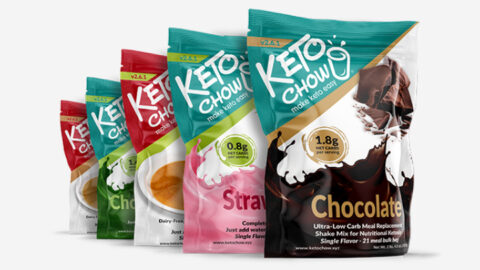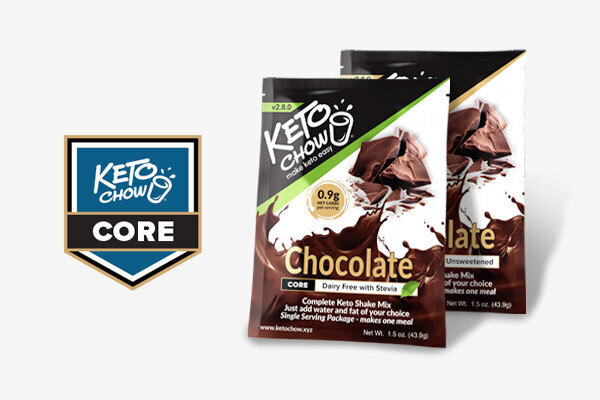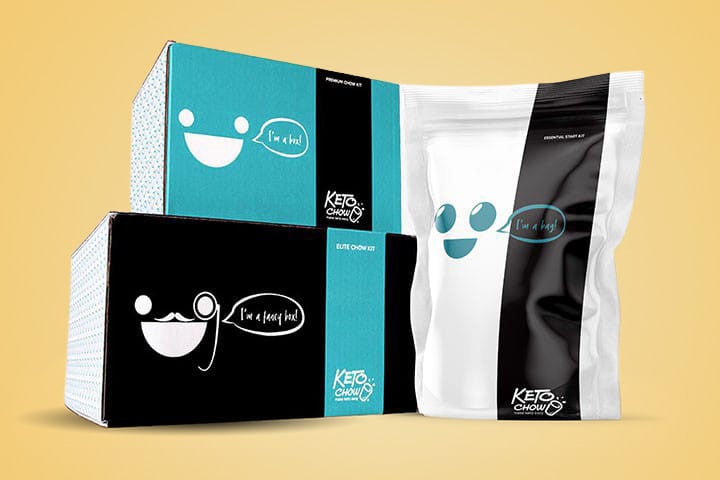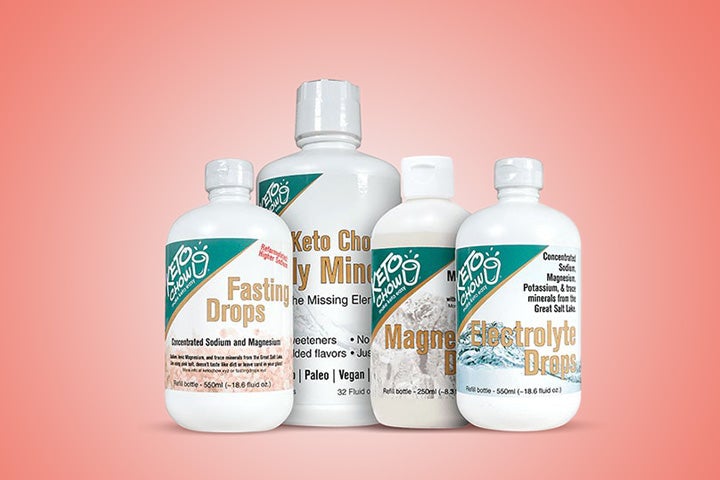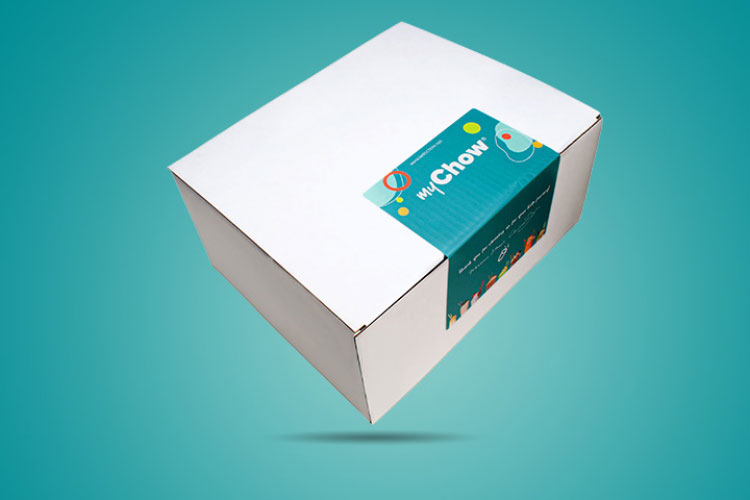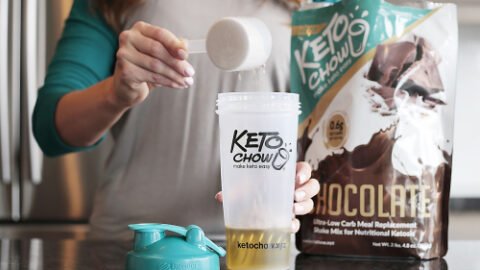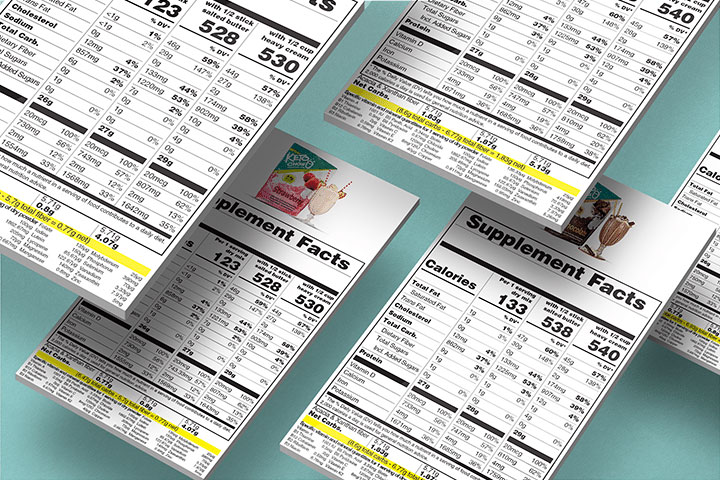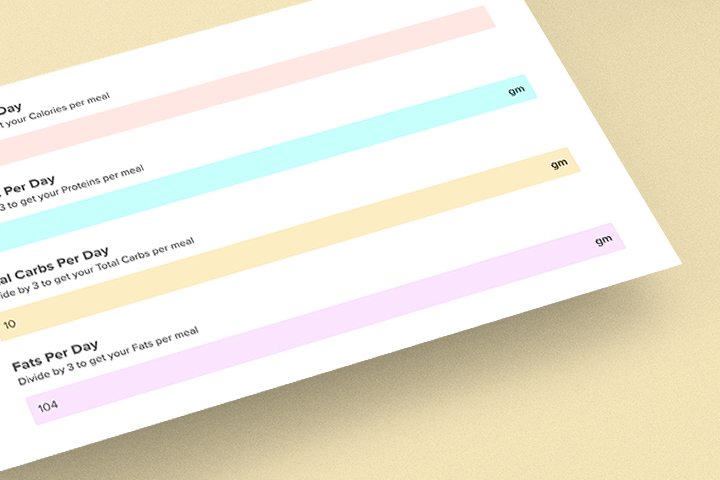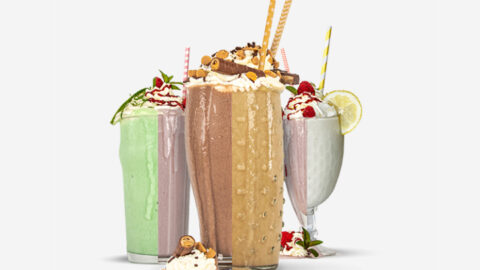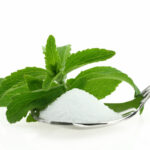Stevia is a sensible choice for many people. It’s not associated with adverse health effects and lacks the baggage that often accompanies artificial sweeteners with regard to being safe and “natural.”
Artificial sweeteners are a controversial issue, whether you follow a keto diet or not. People who prefer to stick to “natural” ingredients often gravitate toward stevia to satisfy their sweet tooth on low-carb and keto diets. But how natural is it, really, and are there any safety concerns you should know about? Let’s take a closer look at stevia so you can make an informed choice about its place in your diet.
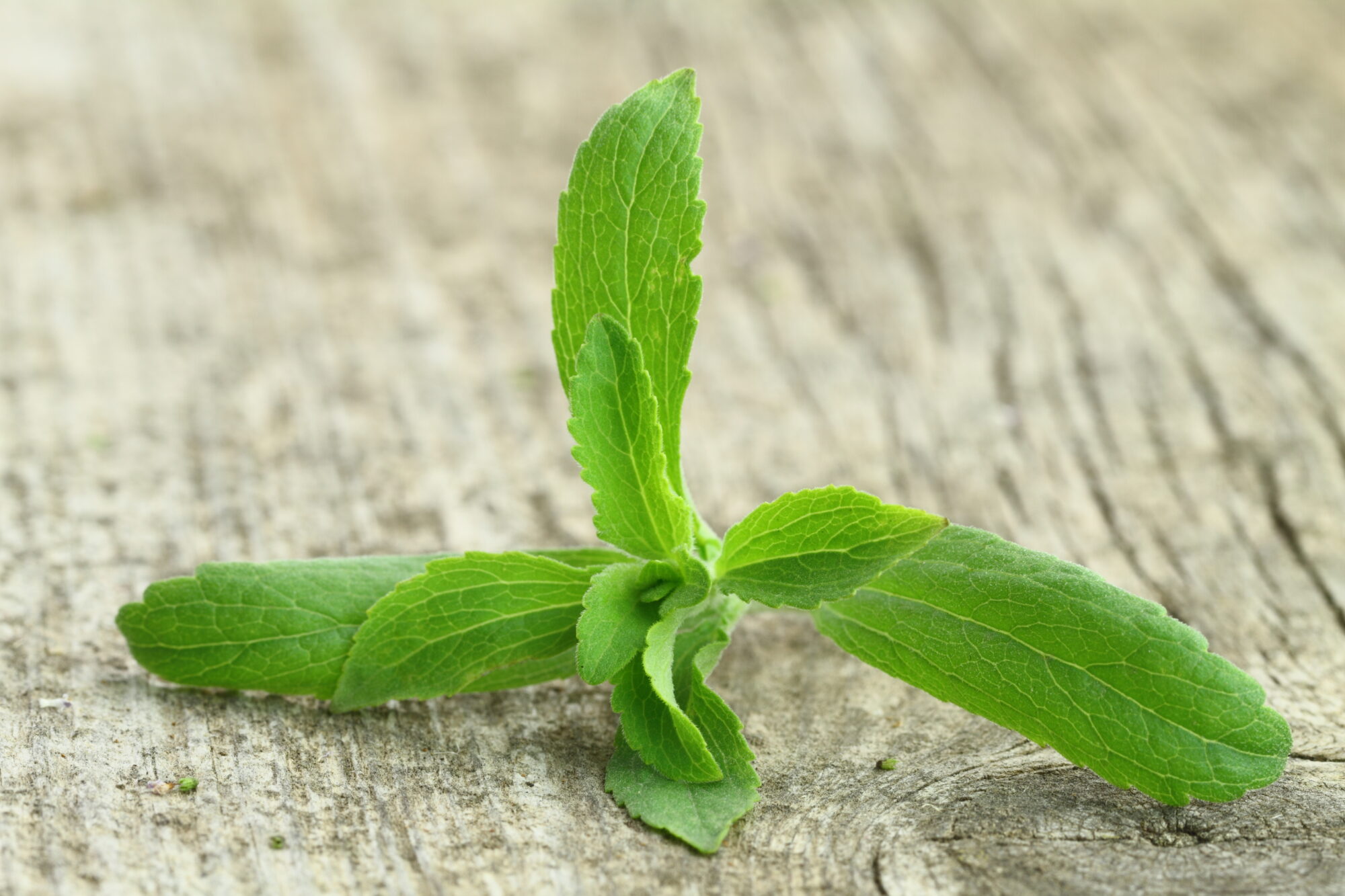
What is Stevia?
Stevia comes from the leaves of the Stevia rebaudiana plant, which is native to South America, particularly Paraguay and Brazil. The leaves are about four times as sweet as sugar, but unprocessed stevia leaves are rarely used as a sweetener in food products. Highly concentrated extracts are used, and these can be as much as 200 to 400 times sweeter than sugar. Depending on the specific type of stevia extract used, you can spot it in ingredient lists as Steviol glycoside, Rebaudioside A, Stevioside, or Rebaudioside D.
Because stevia extracts are so concentrated, it takes just a tiny amount to deliver an intense sweetness. For this reason, stevia is often blended with fillers in order to lend bulk. The packets would look and feel nearly empty if they contained stevia by itself.
The most common brand names for stevia sweeteners in the US are Truvia and PureVia. Truvia is stevia with erythritol. Truvia has 2g total carbs per packet, owing to the erythritol (a type of sugar alcohol). Purevia is stevia with dextrose and has less than 1g carb per packet. Liquid stevia drops don’t contain these fillers; they are typically made with water and preservatives. So if you prefer to avoid those additives, stick to liquid stevia.
Stevia is stable in heat and both acidic and alkaline environments, making it useful in a variety of commercial food applications. Some people find that stevia has an off-putting bitter taste. More than 40 different individual types of sweet compounds (called steviol glycosides) have been identified in stevia. The different molecular structures of these may account for more or less bitterness and other flavors in stevia-sweetened foods and beverages, depending on which specific extracts are used. Rather than trying to figure out which ones you find acceptable, if you find stevia to be unpleasant, just avoid it altogether. There are plenty of other keto-friendly sweeteners to choose from.
Is Stevia Natural?
Whether you consider stevia “natural” depends on your definition. Natural doesn’t mean unprocessed, and this – the degree of processing – is what most people are concerned about when they seek out natural products. Stevia comes from a natural source, but you’ve got the wrong idea if you think food manufacturers are simply grinding up dried stevia leaves and adding them to their products. The stevia extracts employed in the food industry are produced through a multi-step process that isolates and purifies the sweetest compounds. So, you might say stevia is natural because it comes from plant leaves in the same way corn syrup is “natural” because it comes from a plant. That is, stevia may be natural, but it’s highly processed.
That being said, processed foods aren’t automatically bad for you! Processed foods can make a keto diet easier and more enjoyable to stick to. Siobhan Huggins, known for her work on cholesterol and lipedema, once said, “I don’t care how processed a food is. I care about the metabolic effects.” I couldn’t agree more. If you prefer to avoid all “processed” foods on principle, then you’ll want to steer clear of any stevia products apart from the plain leaves (which you can grow yourself or purchase online). But if you’re concerned about your metabolic health and you’re looking for things that can help you maintain healthy blood sugar and insulin levels, and it doesn’t bother you if your diet includes ingredients that are highly refined, then stevia is a good choice.
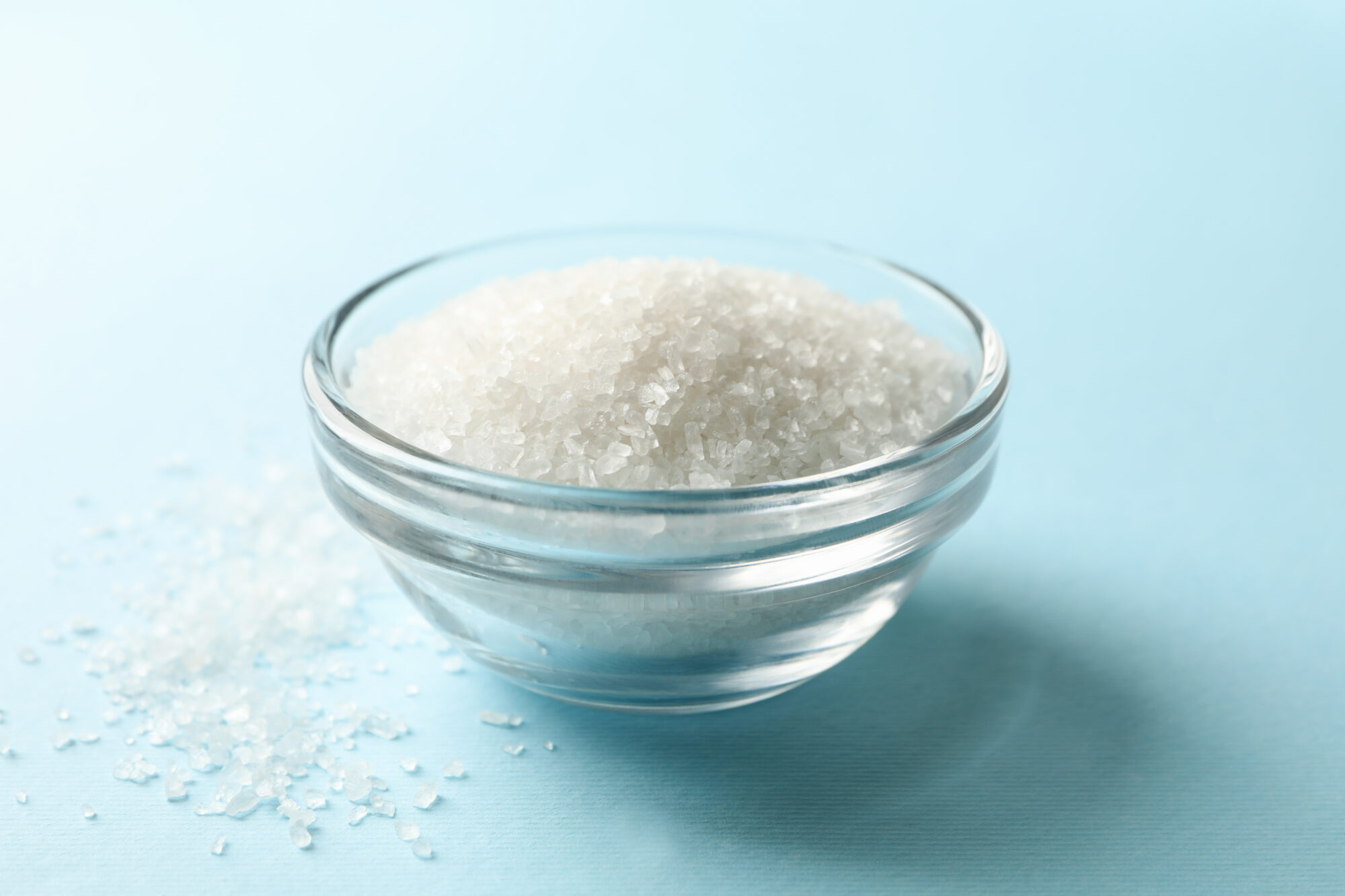
Is Stevia Safe?
Stevia leaf and crude stevia extracts are technically categorized as dietary supplements, not as sweeteners. Supplements are not regulated by the Food and Drug Administration (FDA), so stevia did not have to go through a formal approval process. It was granted GRAS status (generally recognized as safe) in 2008. (Artificial sweeteners, like sucralose, aspartame, and saccharin, are considered “food additives,” and as such, have gone through the formal FDA approval process.)
For stevia, the “acceptable daily intake” translates to a 150-pound person needing to consume about 40 packets of a stevia sweetener daily for their entire life. Even if you use a lot of stevia, you’re very unlikely to reach that amount!
Unlike sugar, stevia doesn’t cause cavities. On the contrary, it might have beneficial effects against cavity-causing bacteria and it’s increasingly being used in mouthwash and toothpaste.
Stevia consumption has not been linked to increased risk for adverse health outcomes. One word of caution, though: stevia belongs to the same family of plants as ragweed, so if you’re allergic to ragweed, it’s possible you could be sensitive to stevia. Avoid using unprocessed stevia leaves, but the extracts used in foods are so highly refined that it’s unlikely they’ll cause any problems.
How Does Your Body Process Stevia?
Stevia provides no calories, so it’s classified as a non-nutritive sweetener. It is not absorbed in the small intestine. It’s degraded into a metabolite called steviol by bacteria in the colon and is excreted in the feces and urine. Even so, stevia is unlikely to cause the gas, bloating, and loose stools sugar alcohols are known for causing. But being that stevia is often sold blended with sugar alcohols, opt for brands that contain erythritol, which has the lowest risk of causing GI problems.
Is Stevia Good for People With Diabetes?
Stevia has not been shown to have a detrimental effect on blood sugar, insulin, blood pressure, or lipids (cholesterol) in people with type 2 diabetes. In fact, stevia might have a slight blood sugar lowering effect in some people. (Emphasis on slight.) It’s believed that this might be due to lowering the level of glucagon, a hormone that raises blood sugar. Stevia may also mildly increase insulin secretion, but only when insulin is already being secreted in response to glucose. In other words, you don’t need to worry about stevia “spiking” insulin on a low-carb or keto diet, where your intake of glucose from sugars and starches is minimal.
Summing Up
Stevia is a sensible choice for people on keto diets. It’s not associated with adverse health effects and even though it’s a highly refined ingredient, it lacks the baggage that often accompanies artificial sweeteners with regard to safety and being “natural.” If stevia tastes bitter to you, avoid it and opt for other non-sugar sweeteners.
